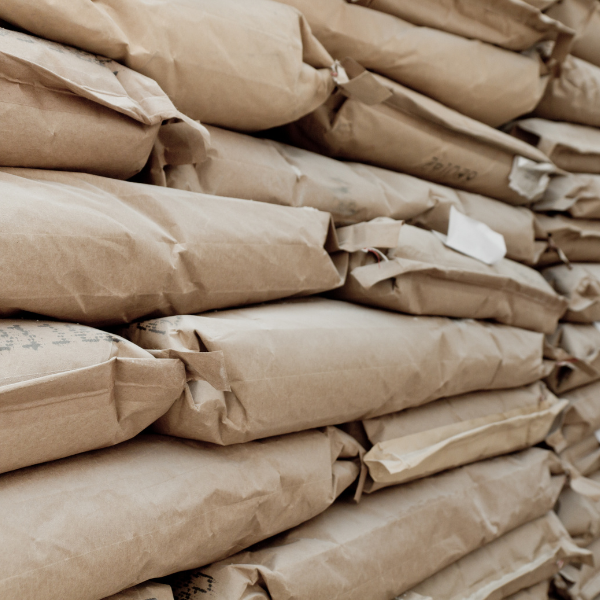Industrial Vacuum Cleaners for Cement Plants: Efficient and Safe Dust Management
In cement plants, managing cement dust is crucial for worker safety and operational efficiency. Throughout every phase of cement production, from crushing and grinding to transportation and packaging, substantial amounts of fine and hazardous dust are generated. This dust not only poses health risks to workers due to its fine particle size and chemical composition but also jeopardizes equipment integrity and operational continuity. In this article, we will explore specific challenges faced by cement plants, various scenarios encountered on construction sites and in cement processing, as well as the importance of industrial vacuum cleaners in addressing these critical issues.
Cement Dust: Challenges and Risks
Cement dust is particularly hazardous to human health due to its fine particle size and chemical properties. Prolonged exposure can lead to respiratory problems and other lung disorders. Moreover, the accumulation of dust can compromise equipment efficiency and increase maintenance costs.
Efficiency and Safety in Cement Plants
1. Conveyor Belt Cleaning
Conveyor belts are essential for the efficient movement of materials in cement plants. However, during operation, they tend to accumulate cement dust. Industrial vacuum cleaners equipped with localized suction systems along the conveyors can effectively remove this dust, reducing the risk of dispersion in the work environment and enhancing safety.
2. Bucket Elevator Maintenance
Bucket elevators are used for the vertical transportation of powdered and granular materials in the cement production process. Regular maintenance of these equipment units is crucial to prevent blockages and unexpected shutdowns. Industrial vacuum cleaners can be employed to remove accumulated dust, thereby improving operational efficiency.
3. Explosion Risk Prevention in Coal/Alternative Fuel Storage
Cement plants often handle large quantities of coal or alternative fuels, which can increase the risk of explosions if mixed with cement dust. Installing specific suction and filtration systems in these areas can mitigate the explosion risk, keeping the environment clean and preventing the formation of explosive atmospheres.
4. Maximizing Safety in Packaging Plants
In cement packaging areas, maximizing material recovery and ensuring worker safety are critical. Industrial vacuum cleaners with high-efficiency filters can capture residual dust during the packaging process, enhancing the quality of the final product and reducing worker exposure risks.
5. Compliance with Regulations in Truck Loading Areas
Truck loading operations must comply with strict regulations to prevent dust dispersion into the surrounding environment. Portable or mobile-mounted industrial vacuum cleaners can be used to suction dust during loading, ensuring regulatory compliance and site safety.
Vacuum Solutions for Cement Plants
Vacuum solutions for cement plants should be tailored to address the specific needs of each area and process:
- Centralized Vacuum Systems: Ideal for dust control in production and processing environments.
- Portable and Mobile Vacuum Cleaners: Used for targeted cleaning interventions and maintaining safety during loading/unloading operations.
Conclusion
Industrial vacuum cleaners play a crucial role in safely and efficiently managing cement dust in cement plants. Choosing appropriate vacuum solutions, along with rigorous operational procedures and compliance with safety regulations, is essential to minimize health risks, improve operational efficiency, and promote a safe and productive working environment.





